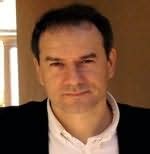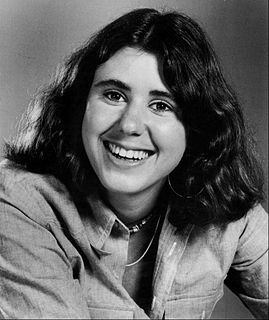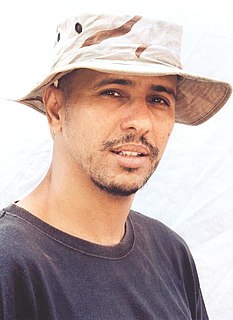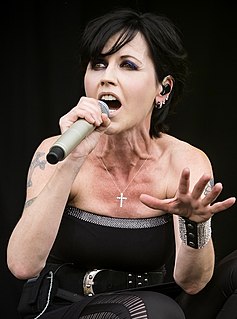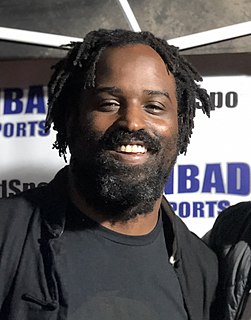A Quote by A. S. Byatt
I hated being a novelist when I was 20 - I had nothing to write about.
Related Quotes
About 95% of the people listening to me agree with me. But I can continue to work with half or 30 or 20% of the audience hating me. In fact, one of the things I've had to do psychologically, in order to thrive, I've had to learn how to take being reviled and hated as a sign of success. Most people are not raised - I certainly wasn't - to want to be hated. I can only think maybe one or two people who were. Hitler. Maybe somebody else. Maybe Saddam.
Many novelists say, "I'm not a political novelist" - myself included. That's a standard, even a default position. Whereas that divide between art and politics simply isn't possible in many countries. In Hungary, you couldn't be a fiction writer and then, when asked about politics, put your hands up in the air and say "But I'm not a political novelist." If you're a Chinese novelist, a novelist in a country where censorship is such an issue, how do you claim that politics has nothing to do with your writing? It's in your writing, it's shaping your words.



